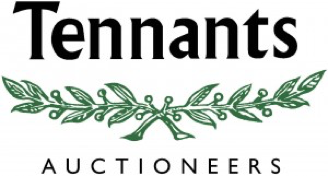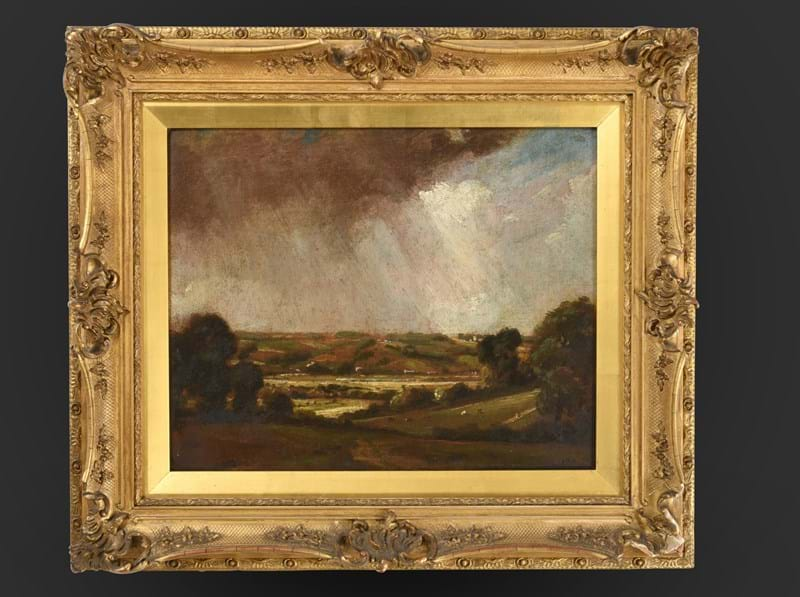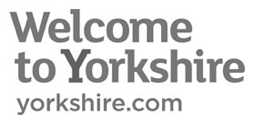A very rare Victorian cased pair of extinct New Zealand Huia sold for £220,000 (plus buyer’s premium) at Tennants Auctioneers on 8th September, which is thought to be a world auction record for a single piece of taxidermy. Numerous bidders from around the world competed for the huia, which were eventually sold to a private individual bidding online.
News & Insights
Victorian Huia Set World Auction Record
The superb quality male and female huia full mounts were mounted by James E. Whiting, Naturalist, of 19 Heath Street, Hampstead, and were presented perched on a branch and surrounded by hummingbirds, rocks and foliage. The birds are renowned for having the greatest difference in bill shape between the male and female of any bird species; the female’s beak being long, thin and arched downwards whilst the smaller male’s is short and stout. The tail feathers of the huia had broad white bands across the tips, a unique feature amongst New Zealand birds.
Even before the arrival in New Zealand of Europeans, huia were rare birds confined to remote areas and mountain ranges of the south-east of the country’s North Island. Huia are a taonga (sacred species), and their feathers were arguably the most prestigious in Maori culture, reserved for those of the highest ranks who used them to adorn their hair. The feathers were kept in finely carved treasure boxes called waka huia.
In the 19th and opening years of the 20th century Huia were much prized as taxidermy specimens, and their tail feathers were often used in fine millinery in the Western world. This, combined with widespread deforestation of their natural habitat by European settlers to create pasture land meant the species was driven into extinction. The last confirmed sighting of a huia was in 1907, although there was a credible sighting in 1924.
The sale of Specimens and Material derived from Endangered Species
All auction entries at Tennants are sold strictly in accordance with CITES (The Convention on International Trade in Endangered Species of Wild Flora and Fauna) regulations, and any necessary licences or Pre-sale approvals are obtained from Animal Health, Bristol.
< Back to News

10th January 2026, 09:30
Plan your visit to our Leyburn Head Office and Salerooms, or the Harrogate Office
Get your antiques and collectables valued by our team of specialists.










